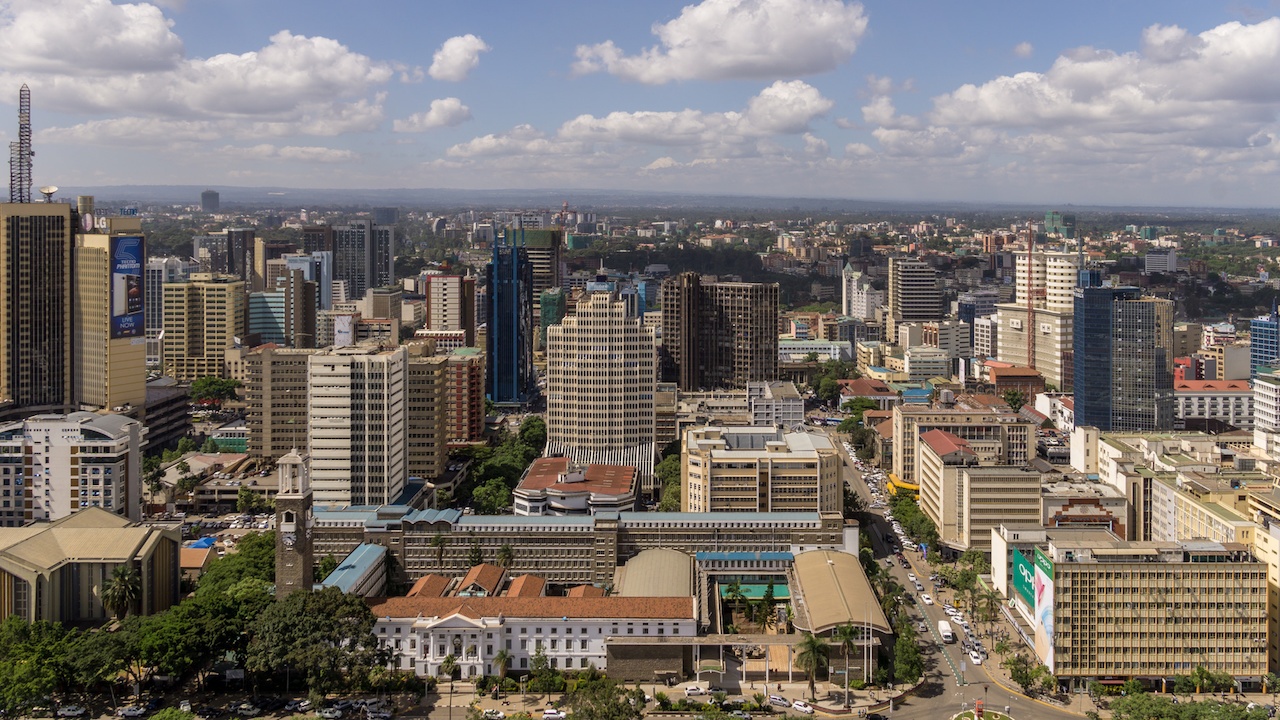Global Mobility Research
Planning & Implementing BRT in South Africa
A big assumption was that BRT would take root and work well in South Africa simply because it has been so successful across Latin America. Unfortunately, while yes, BRT has been very successful in Latin American cities, as with most things, there’s no such thing as “one size fits all” when it comes to transit.
Off-Hours Consumer Delivery Systems May Unlock Sustainability at Scale
There are several parts of the web where change needs to happen, and enlightened policy has the potential to facilitate change across that web. Shifting delivery times seems straightforward and simple, but moving an entire community and its supply chains to greater sustainability requires multiple interventions happening in parallel—with consumer behavior, with infrastructure, and with use of technology.
What it Takes for Cities to Practice Adaptive Leadership
Adaptive cities are analytical. Their leaders set a balanced vision for the future of the community, and then collect and study data, continually look for patterns, and use that information and analysis to inform long-range planning and infrastructure investments to realize that vision.
How Participatory Data Collection is Shaping China’s Mobility & Climate Policy
Ms. Xumei Chen works as one of the key research fellows in the China Urban Sustainable Transportation Research Center (CUSTReC), an international think tank on urban transport under Ministry of Transportation, China. In early July, Meeting of the Minds Consultant and Writer Kate O’Brien connected with Ms. Chen to learn about her research and policy work focused on public transport systems in her rapidly urbanizing country.
Former Santiago Mayor’s Approach to Equity Through Urban Planning
From June 26th to 28th 2018, urban transport and development practitioners, activists, and researchers from cities around the world convened in Dar es Salaam for the 3rd annual ITDP Mobilize summit. Themed “Making space for mobility in booming cities,” the event...Advancing Inclusive City Design in Transportation
The final day of Mobilize Dar es Salaam, June 28th, 2018, began with the plenary, “Advancing Inclusive City Design from Fringe to Mainstream.” On the premise that an equitable city takes into account the needs of everyone— including women, children, elderly people, and people with disabilities—in transport planning, the session explored ideas and dilemmas of designing inclusive transit systems.
Will Future Streets See More Cars on the Road?
“Transformative change ultimately came when the implementation of a particular policy also enhanced governmental capacity to plan and make transport policy change by involving many stakeholders over a variety of territorial scales,” Davis says. The interactive dynamics of the process of stakeholder involvement and the relationship between governing authorities and transportation policy advocates are key to making transformational change beyond just the paper success of policy change.
Freight Partnerships are Key to Incorporating Freight into Urban Systems
In the early 2000s, long before Amazon became the home delivery behemoth that we know today, Browne started looking at freight movements in London’s 33 boroughs. About five years ago, his team became part of an international network of researchers launched by the VREF, and they found that one of the areas not well researched was freight movement to office buildings.
Examining the Effects of Online Shopping on Last-Mile Freight
Featuring Dr. Alison Conway
In anticipation of tomorrow’s live webinar, we’ve spoken with Dr. Alison Conway regarding her research of last-mile freight issues in New York City. If you’re curious about what we’re going to discuss with Dr. Conway in tomorrow’s webinar, read on to today’s blog post and learn about how online shopping and on-demand delivery are affecting the streets and traffic patterns of New York City through delivery vehicles and issues of curb space zoning. Dr. Conway sheds light on the daily impacts to our cities from our online shopping habits, and talks about how we can change perceptions and policies to make progress.
The Evolution of a Successful and Safe Bus Rapid Transit System
We create trend reports on the evolution of BRT that describe its physical characteristics and what seems to be working and not working in different places. We see that, in general, the highest capacity BRT corridors are performing better than the best performing light rail, and that metros have more capacity and speed than most of the BRTs. Our understanding is that BRTs are an excellent option to complement other mass transit in cities as part of integrated transport systems.
Integrating Formal and Informal Transportation Services into a Hybrid Network
Featuring Roger Behrens
Meeting of the Minds talked with Roger Behrens about planning for hybrid urban transportation systems that include both formal and informal transit services. Roger is an Associate Professor in the University of Cape Town’s Department of Civil Engineering. He is Director of the Centre for Transport Studies, and of the African Centre of Excellence for Studies in Public and Non-motorised Transport (ACET). He graduated with a Master Degree in City and Regional Planning from UCT in 1991, and with a PhD degree in 2002. His current research activities relate to: the integration and improvement of paratransit services; the dynamics and pace of changing travel behavior; the use of transport systems by pedestrians; and the urban form prerequisites for viable public transport networks.
Leveraging Technology to Improve Transportation in Nairobi and Beyond
Featuring Jacqueline Klopp
Meeting of the Minds took a few moments to talk with Jacqueline Klopp about using technology to improve transportation in Nairobi and other African cities. She is an Associate Research Scholar at the Center for Sustainable Urban Development at Columbia University and teaches Sustainable Development at Columbia University. Her research focuses at the intersection of sustainable land use, transportation, planning and democratization. She is writing a book on the politics of planning in Nairobi and is taking an increasing interest in ICT and questions of public participation in policymaking around planning. She is also a co-founder of the blog NairobiPlanningInnovations and the Digital Matatus project that mapped minibuses (matatus) in Nairobi and produced the first public transit map of minibuses for the city. Klopp received her B.A. from Harvard University and her Ph.D. in Political Science from McGill University.












